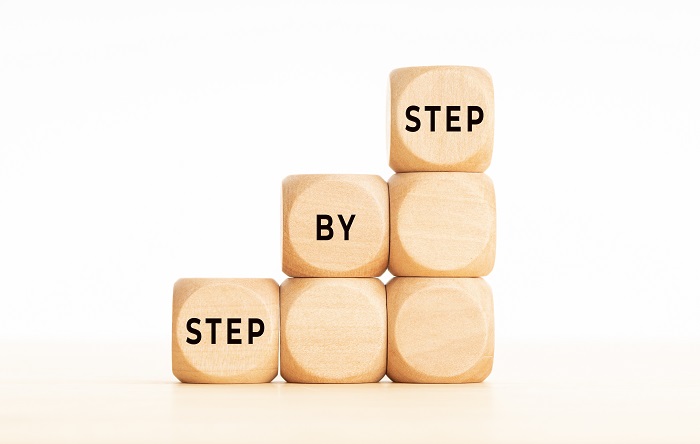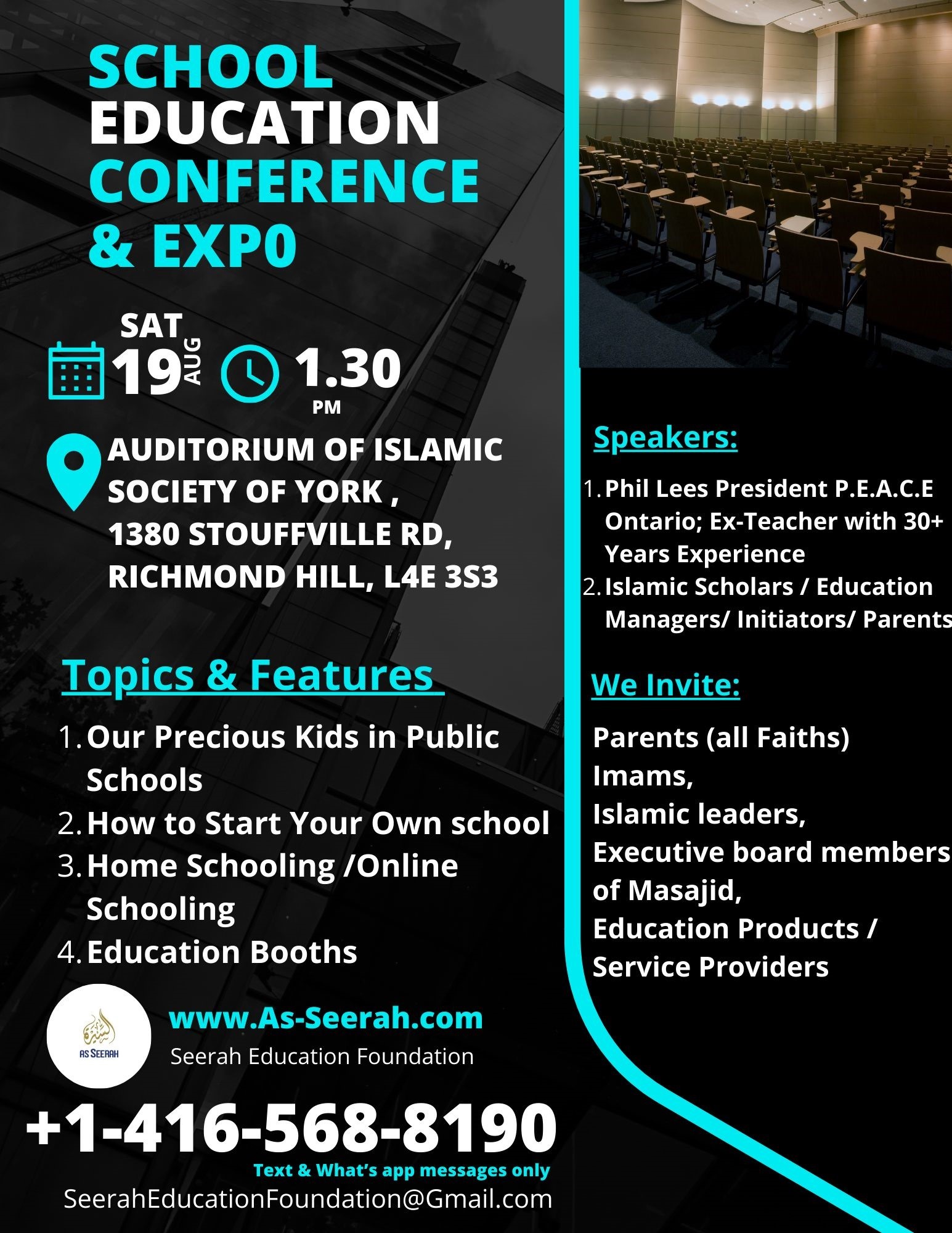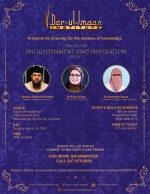JAWED ANWAR
First Published*: Muslims Weekly, Issue No. 221, May 28, 2004
[This is a series of columns for the understanding of the history of Madrasa and Islamic Education System in Muslim India (South Asia) published in the Muslims Weekly, New York, USA, in the columns of "Personal Notes" by Jawed Anwar.)
BEFORE the British occupation in South Asia, there were various types of Madrasahs readily available for students. There were the Arabic Madrasahs (specializing in deeni and religious education), Farsi Madrasahs (specializing in worldly education), and Mahajani Madrasahs (specializing in commerce).
Students who showed interest in vocational and technological skills were taught by experts in their respective fields. Often some of the teachers were factory owners. Workers of the factory never hesitated to pass on their skills and knowledge and train the students.
As times changed, adaptations were made to the curriculum; however, the basis remained the same. There were three stages of education: 1. Maktab [elementary (primary) school for Qur'an and Farsi language]; 2. Madrasah Farsi (Farsi language and all kinds of worldly and physical knowledge); 3. Madrasah Arabic (Arabic language, Deeni knowledge, and higher education).
The development of the education system evolved alongside the collective progress of the society. There were various curricula of the Muslim education system, and the "Nizami Syllabus" (Darse Nizami) became very popular in India. Its founder, Mulla Nizamuddin Sahalwi (who settled in Firangi Mahal, Lucknow), had developed this system by a particular pattern; however, he left enough room for necessary adjustments.
Islam as a Power came to South Asia through the Turk emperors of Central Asia. Hadith, one of the basic subjects of education, almost never saw a place in the system; instead, Fiqh (laws and interpretations of Islamic codes) received a high position on the syllabus. During the tenth century of the Islamic calendar, for the first time, Sheikh Abdul Haq Muhaddith Dehlawi (R.) attempted to spread the knowledge of Hadith. However, to spread hadith knowledge, education, translations, and interpretations, the credit goes to Shah Waliullah Muhaddith Dehlawi (R.), his kin, and his students. They included the vital book of Hadith "Kutub al-Sittah" in the curriculum, which later became an integral part of the Darse Nizami. (This book was a compound of six concrete books, including Sahih Al-Bukhari, Sahih Muslim, Sunan Abu Dawud, Sunan Tirmidhi, Sunan Ibn Maaja, and Sunan An-Nasa'i.)
Arabic literature and history did not receive a place in Darse Nizami. Later on, however, some books were included. Muslims were constantly changing and updating their systems according to the needs and requirements of society.
There was no age limit to get admission to Madrasah. One could find elders attending classes in any given Madrasah. This system of education was not grade-based, but it was book-based. When a student completed one book, he would be given another book, and it would be said that this student had completed these books and was now reading that book and now reading that lesson.
Every student was taking a different lesson. It was one-on-one education, one teacher and one student at one time.
All the students could learn the lessons by sitting in the same place and classroom. An intelligent student could move much faster than a slow-learning student and could complete his education at the earliest possible time.
The modern grade- or class-based system may facilitate teachers and management, but it hinders the individual student's pace.
In the modern system, a genius student has to study one full year with weaker students, and a slow-learning student who can't move with the class feels compelled to drop out of school. In Madrasahs, students were the focal point, and in the present school system, teachers are the focal point.
It was a tradition in the educated family that a child reached four years, four months, and four days, a celebration would be held as a starting day of the education that is called "Bismillah." That was the joyful day and festivity of the family. Relatives and friends were invited to the party, a wedding-like festival. A teacher, generally a religious and pious person, would visit and sit with the child and ask the child to say, "Rabbi Yassir Wala Tuassir Wa Tammim Bilkhair. Bismillah Hir Rahma Nir Raheem." After that, the teacher would recite few Ayahs (lines) of Surah Al-Alaq of Qur'an and Surah Fatiha. The child would repeat the recited words. Then sweets would be distributed. Parents were presenting clothes and other gifts to the teachers according to their capability.
The Madrasah time would start at dawn or after Fajr Prayer (prayer before sunrise), and it would continue till dhuhr (noon prayer). There was a break for dhuhr prayer, generally at 1 pm. The classes would continue till Asar prayer (generally till 4 to 5 pm). The Friday was the holiday, and Thursday was half-day. However, the half-day of Thursday was utilized in cleaning. All the students worked together to clean the Madrasah.
In several Arabic Madrasahs, Tuesday was the day for copying (writing) the written books (age before the availability of printed books). There were 15 to 20 annual holidays in the year. In Arabic Madrasah, there was an annual holiday of two months at the end of the education calendar year; that was Shaban 15 to Shawwal 15 (fifteen days before Ramadan and fifteen days after Ramadan).
There was a system of punishment. Nobody could drop out from Madrasah or be free to do anything inside the Madrasah. Education in Islam is mandatory. Therefore, parents generally gave an open hand to teachers to beat the students to discipline them. "Bones are mine, and flesh and skin are yours," was the parents' philosophy for teachers. The security personnel of Madrasahs searched for and brought back the run-away students. Some teachers became notorious for beating students. There was no concept of "failure" and "not getting an education"; therefore, teachers maintained forced education.
There was no importance of "sports" in Madrasah; however, in some Madrasahs, there was a provision for physical exercises. The teacher used exercise to instill self-discipline. However, Imam Ghazali, a great philosopher, educationist, and thinker of Islam, declared sports a necessity for students.
The students living in cities were called "residents," and students coming from other places were called "Musafir" (wayfarers, travellers). The Musafirs slept on the rough carpets of the Madrasah or Masjid. Even students from affluent families accepted such hardships.
There was no concept of preparing food inside the Madrasah. Generally, the neighbours took the responsibility of preparing home-cooked food at different times and on different days. All the teachers and students took their meals jointly while sitting together.
Intelligent students could complete all the Deeni and Dunya education, the highest education in fourteen or fifteen years. Shah Waliullah Dehlavi had completed his education in fifteen years. Other average students had been taking seventeen to eighteen years. Slow learners could take more years.
After the completion of education, there was a tradition of convocation (graduation ceremony). All the scholars, teachers, and parents participated in the important festive ceremony. Surah Fatiha had been recited in the ceremony, and there were special prayers for the successful students. It was called "Fatiha of Completion." A senior or elderly scholar would tie the turban on the student's head, a symbol of his certification as Alim (scholar).
There was a system of "Moeed" (repeater). There was a classroom tradition that, when a teacher completed the lessons, the most competent student had to listen to the lessons from other students and repeat them to correct misunderstandings and mistakes. At the beginning of the nineteenth century, a government servant of Bombay province, Dr. Andrew Bell, saw the system of Moeed in Madrasahs and liked it very much. When he returned to England, he introduced this system in England and called it "Monitor." British also introduced this monitor system in their enforced new education system of schools in South Asia.
Students who had been completing their Farsi education (worldly knowledge) were called "Munshi." The expert of Arabic knowledge (knowledge of deen; Quran and Sunnah) were called "Alim." Before the Mughal period, all the students who completed the education were called "Danish Mand." In the period of Maulana Ghulam Ali Azad Bilgirami (d.1785), the words "Danish Mand" were replaced with "Maulvi."
After the completion of Farsi School, the students were qualified for a government job. It was a qualification for all kinds of civil service jobs. Hindus and other non-Muslims, in general, stopped their education at this stage and generally got jobs and started their family life. However, the Muslim students generally continued the education for Arabic and deeni knowledge.
Teachers who graduated from Farsi schools were called "Mian Ji," "Akhwand Ji," or "Mulla Ji." Hindu teachers were called "Munshi Jee." Highly educated teachers and scholars of Arabic and Deen were called "Maulvi" or "Mullah." Mullah Abdur Rahman Jaami and Mullah Abdul Hakim Sialkoti were among the top scholars of their time. Later, deeni knowledge experts were called "Alim," and experts of worldly knowledge called "Danish Mand."
Unfortunately, the words "Maulvi" and "Mullah" lost respect in the society due to ongoing campaigns by the colonial and Western occupying powers and their mentally enslaved agents.
[*The columnist used the research of Professor Syed Muhammad Saleem (b. 1920, d. 2000), ex-national President of Pakistan Teachers' Association, in this column.]
(Jawed Anwar can be reached at seerahwest@gmail.com)
Subscribe E-Letter:
AsSeerah+subscribe@groups.io
Twitter:
https://twitter.com/AsSeerah
Facebook:
https://www.facebook.com/Asseerah






